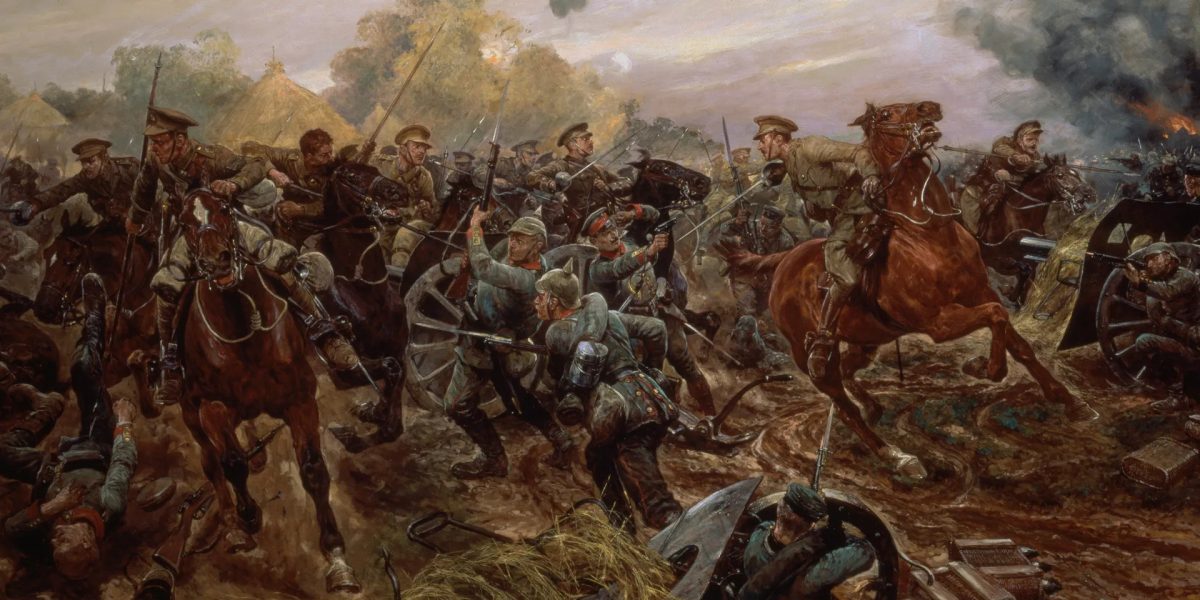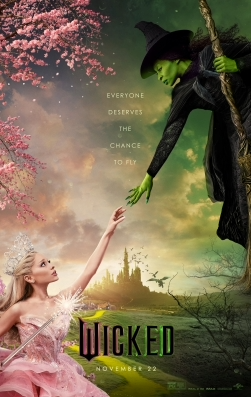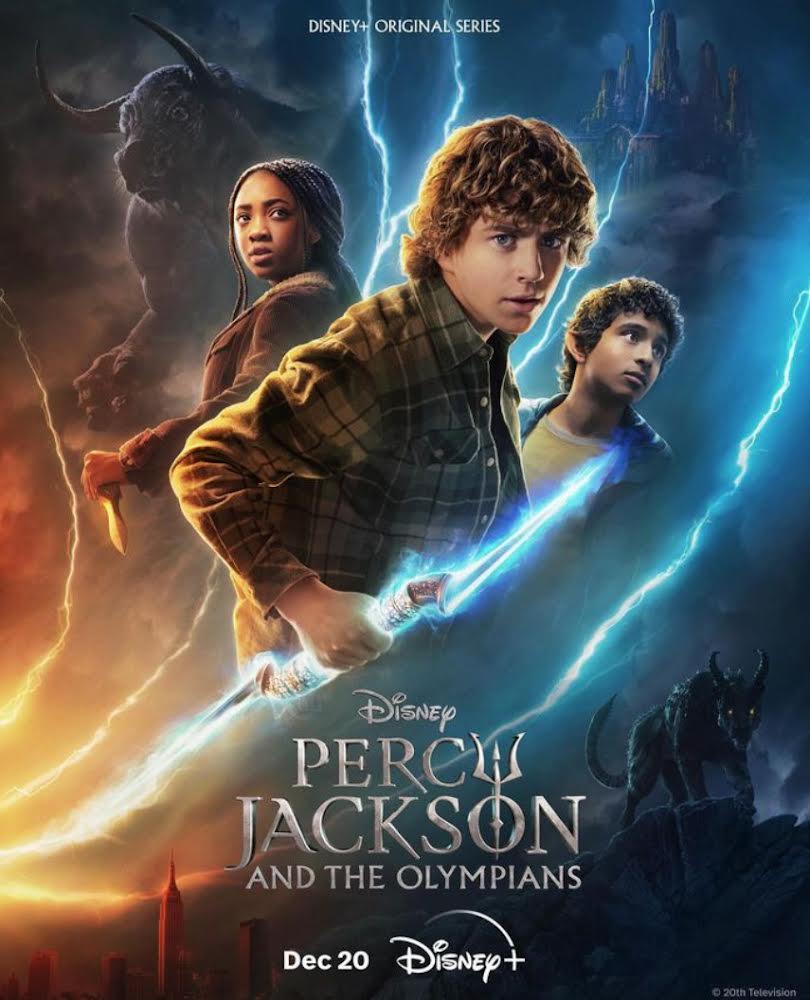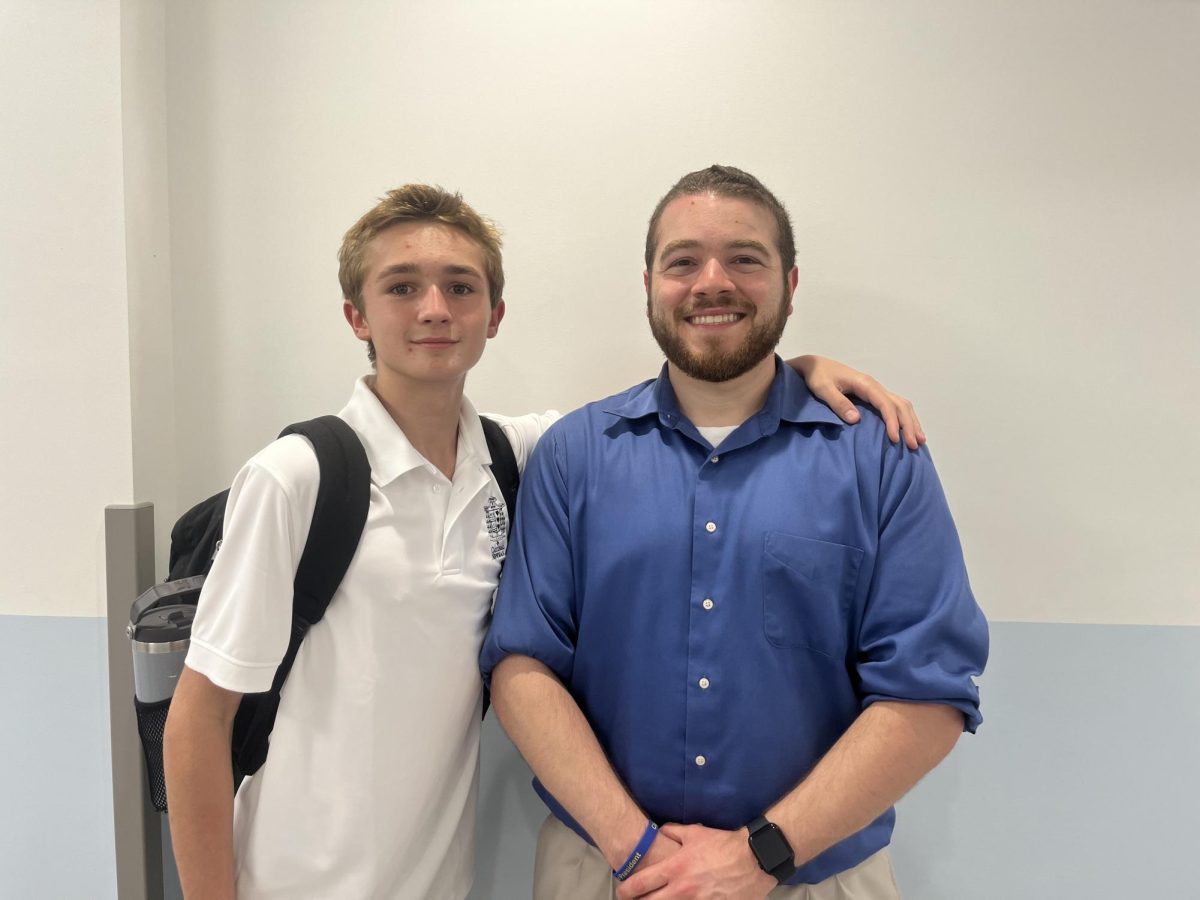As a musician with very eclectic music tastes, I don’t get deeply affected by music very
often. I’ve listened to every sort you can imagine, eastern and western, besides black
metal. But regardless, I am desensitized. In spite of all this, BBTSOTKOTS, as I and the
band refer to it, did elicit a reaction. And that reaction was almost entirely positive. I’ve
been listening to tracks regularly since I first heard of the band, but the album turned
five on November 22. So let’s look into the fourth album of obscure Ukrainian
luminaries, Septa.
For some background, the band was formed in Odessa on the Black Sea in 2012. Their
first single, All the Birds, and their first album, The Lover, were sort of post-hardcore that
was predictable but solid. For their next album, Destroyer, some things changed.
Namely, Dima Ulyanov joined as the new bassist. His unique sound and musical
aesthetic immediately permeated the band. Both Destroyer and Sounds Like Murder are
aggressive monoliths of hardcore, with Eugene Tymchyk perfecting his grating vocals
and Alexander Kostuchenko layering crushing guitarwork over the whole.
The next change, however, was not internal. Their fourth album, Bitten by the Serpent of
the Kingdom of the Spirit, was prompted by feelings of despair surrounding the Russian
annexation of Crimea and their encroachment upon the freedoms of Ukraine. Showing
an obsessive interest in the legends of the golems created by rabbis in Eastern Europe
to defend ghettos from outside evils, the lyrical content and musical context create an
album with layers of deep meaning.
The first track, “Emet, ‘truth’,” is a 6-minute epic and the most widely hailed song of the
album for its music video. The piece itself begins with Eugene’s synths and calming,
thought-provoking poetry chanted over it. He seems to be mediating between men and
God, asking Him for protection and security in “all the confusion” and apologizing for the
profuse destruction he has caused mankind in his efforts to defend them. When
watching the music video, animated by Nika Nazarenko, we can see that this mediator
is the man who invokes the golem. He envisions the confusion as he looks out from the
cliff below which the golem rises out of the waters. Then the golem is translated through
a portal, and the scene shifts. The perspective is now one of a soldier, and the band
enters to accompany this. As Eugene voices his thoughts, the soldier both distrusts the
golem but needs his help. And within this context comes my favorite line from this song:
“Future’s already been written/Past has not been decided on/Now is when we live.” All
of a sudden, the music turns disturbing, Eugene’s screamed vocals piercing the
percussive instrumentation. An image of a firing squad hits the screen, but the golem
gets in between them and the condemned. It is no longer clear who is speaking.
Perhaps all humanity is “hoping for a resolution…longing after God’s direction.” In the
penultimate section, Eugene pitch-shifts his vocal harmonies up for a unique effect not
seen anywhere else in their works. Finally, with calmed music and the words, “I’ll be
your shield/If you promise to yield,” the golem lies to rest in a church while the people
make a pilgrimage with candles, an inconclusive end.
The next track, “Clay Boy,” is from the perspective of the golem himself, as he goes
through a sort of adolescence. Eugene jumps in with the band immediately, first slightly
muted, then full bore. The vocal harmonies create a soundscape of strife with the
intermittent punches of guitar and hard-hitting drums. A lyrical focus is remembering. It
seems like the golem is, although newly awakened, aware of a past life, “like revisiting a
dream.” He grapples internally with depression, emerging to question, “Am I another of
your mistakes?” before determining, “I must resist. I must rebel.”
The third track is set to the second music video of the album, “Pogroms.” Breaking in
with a powerful voice and driving accompaniment, the band asks if we can remember
the atrocities committed against various peoples in Eastern Europe. The rhythm shifts,
and Eugene proclaims that “you can’t catch us all.” The lyrics are a profound statement
of the people’s strength, delivered with power heard nowhere else on the album.
As the track changes, the listener is hit with the first double-kick drumline of the album.
The intro to “New Motive Power” is actually the name of the album. But the track’s name
is significant as well. The real-life New Motive Power was an attempt by spiritualist
minister John Murray Spear to construct an electrically powered Messiah. The song
itself is an interaction between a higher power, most likely the man who summoned the
golem in the first music video, and the golem himself on earth. On “Clay Boy,” the golem
declared, “Berate me,” and now he suffers the consequences. The man tells him “that
your mind is an open fist” and that his mission is no use as “[mankind] will die before
[they] take your hand.” Then, the accompaniment shifts as a few people cry, “Take my
hand instead.” All of a sudden, realizing the disaster that he could have caused, the
man asks, “What happened to our intent?” before admitting, “I was…too pessimistic with
my words/I’d take ‘em back” and wondering, “How is it going to end?”
Finally, the sound calms down with “Tannh ä user Gate.” The golem reminisces on his life
and these things he’s seen over a bed of airy, reverberating guitars and peaceful
drumming. He admits that he was “created with an expiration date” and that the “World
could be a better place/Without me/And also without you.” He accepts the futility and
temporary nature of the earth.
The next track, “Golem,” was the single from this album. This song was reviewed for it’s
fifth anniversary last month. The album version differs slightly from the single in that the
brief work “1915” is appended to it. The rather awkward transition is the only part of the
album that I dislike, but its content is still stellar, a simple admonition to preparedness
and prayer.
Now, the listener comes to “The Tin Man.” After the sonic break of the last two tracks,
this is certainly the heaviest piece on the album. Fundamentally, the golem feels the
need to scream as he declares, “They will only start learning the hard way.” As the
music breaks down, it tears down the world it painted, saying, “This is the beginning of
war/There’s a spark and I am the finishing blow/And in the end everything that we
do/Will become everything that we’ve done.”.
The penultimate track, “Met, ‘dead’,” stands as a stark contrast to the rest of the album.
The piece is a collaboration with much more popular Ukrainian country artist Sasha
Boole, whose mournful harmonica lines harmonically pierce the voices. It seems that
the golem is making his final wishes: “But we must preserve for greater good/What is
worth to live and to die for.”.
Finally, another six-minute artwork closes the album. “You were created by the sages;
return to your dust” is a perfect concluding track. Not only is the golem’s story ending,
but humanity’s with it. “I’m foreseeing storms of fate that will cleanse away our
memory/This happens every other time we neglect to remember that/All must go.” The
music ebbs and flows between ethereal passages and heavier substance. “Even if I fail
this trial/I promise I will find a way… Next time/Another try/It won’t be long/Until we
triumph.” I can say nothing more profound to summarize the song.
This whole album is a masterclass in storytelling through music. It does not drag us
along for someone’s experience; it creates moments that we will listen to time and time
again as we find different meanings in the lyrics and music. For example, Sputnik
Music’s review took a completely different look at the work that you should read as well.
The lyrics, especially on certain tracks, are a call to look at the world and one’s self and
to consider our nature as humans. We ought to embrace it and live the struggle. The
musical accompaniment is widely varied, and each bit of it is a perfect encapsulation of
the emotions conveyed by the lyrics that power the album. Although inspired by the
struggles of the Ukrainian people in times of war, this album is certain to prove relevant
to all people at all times and is worth experiencing






















